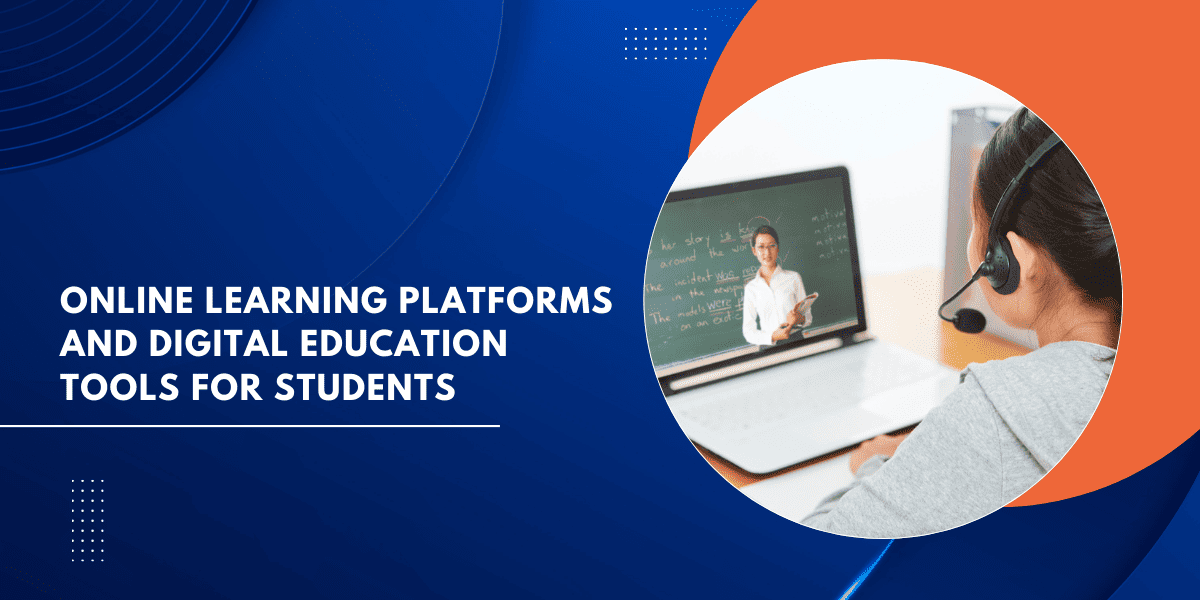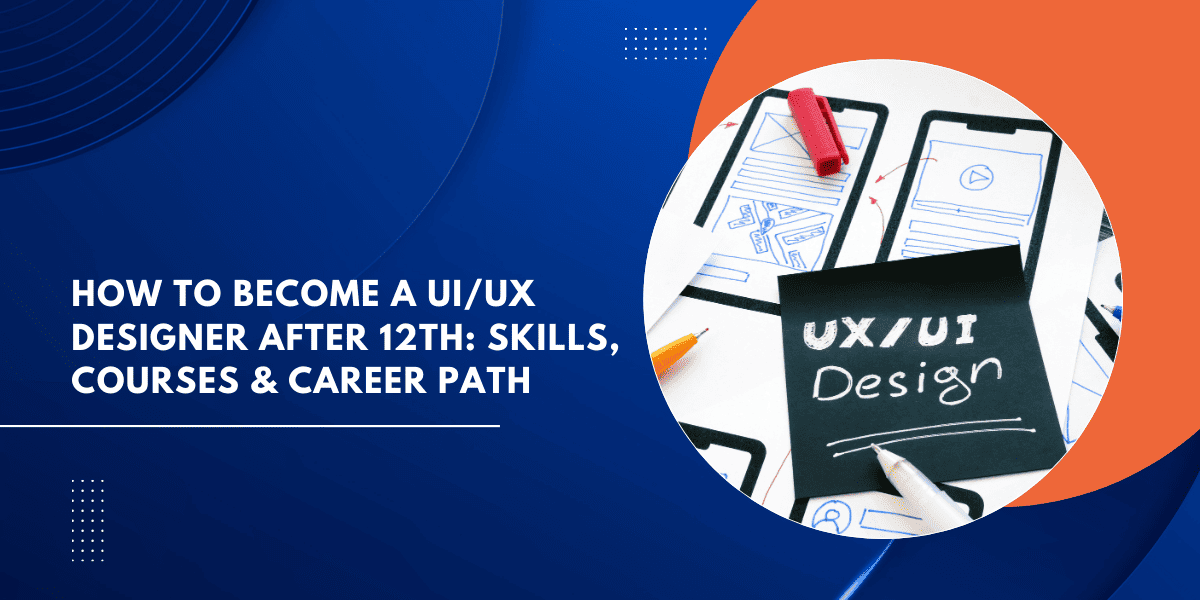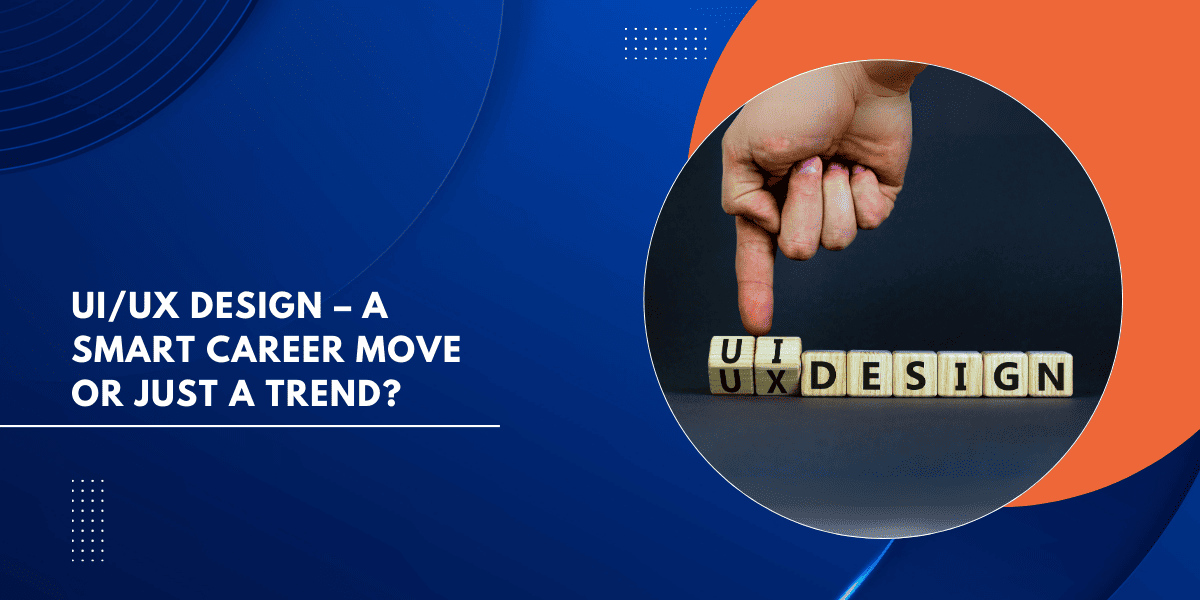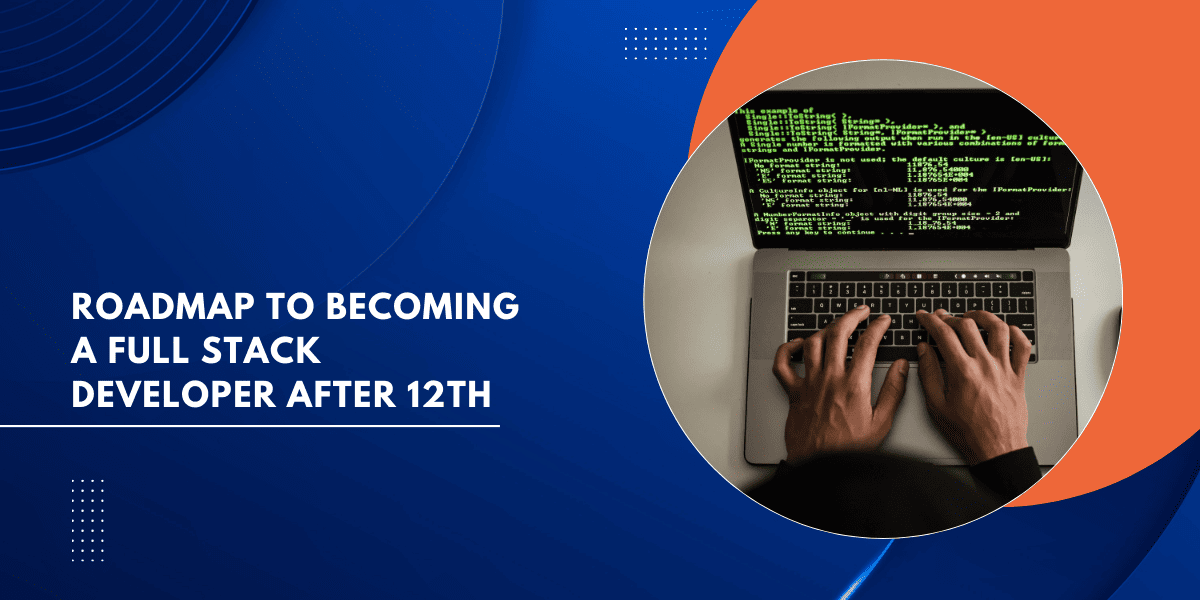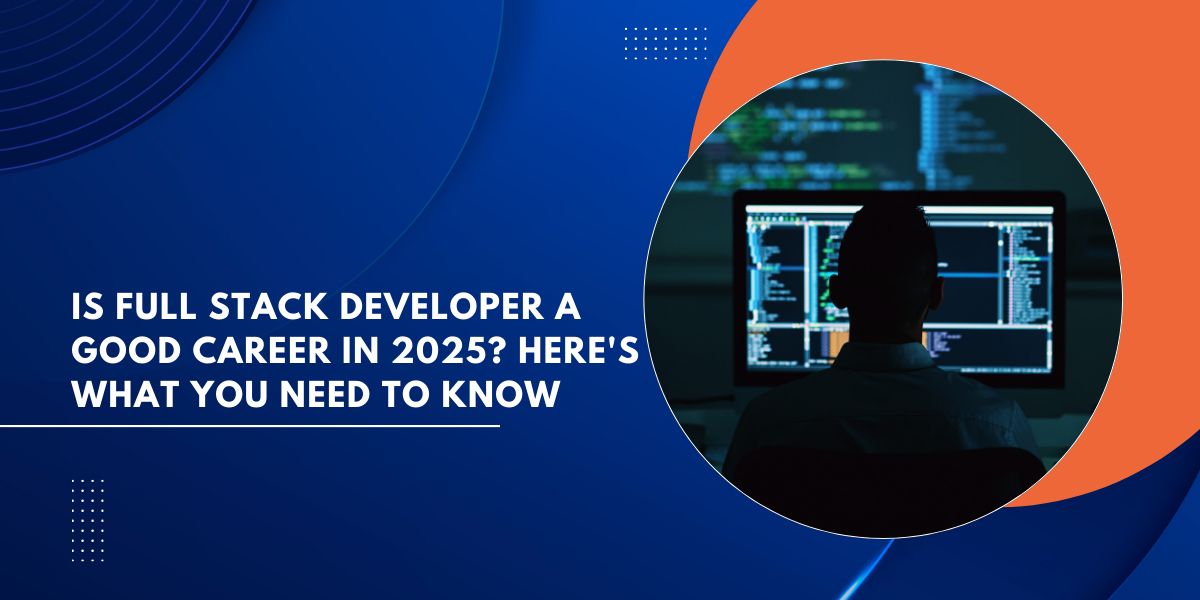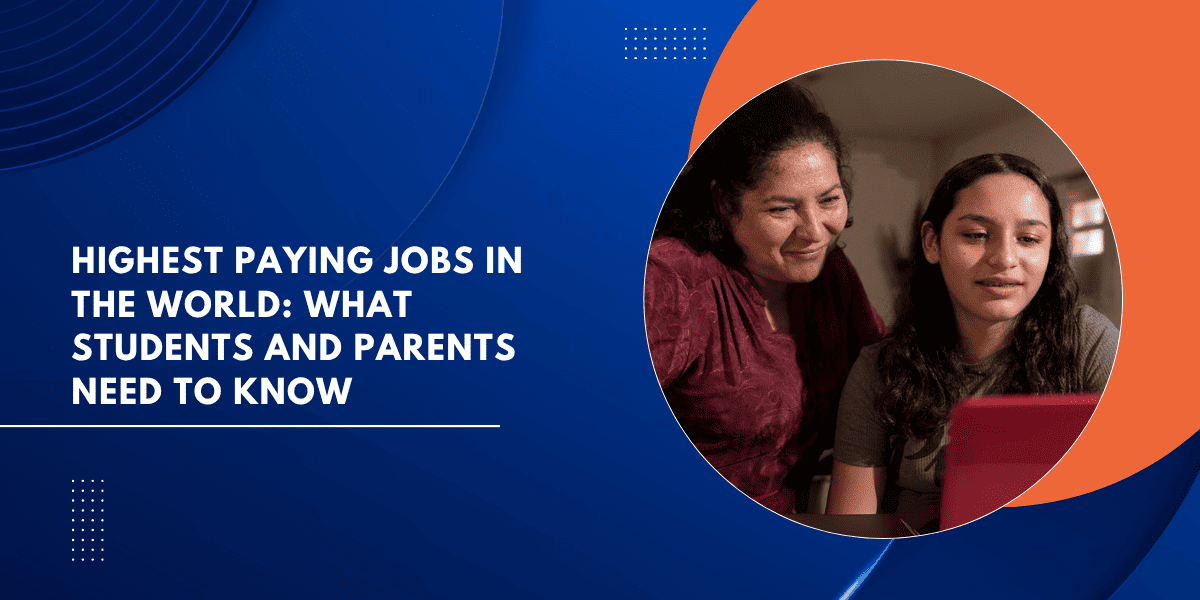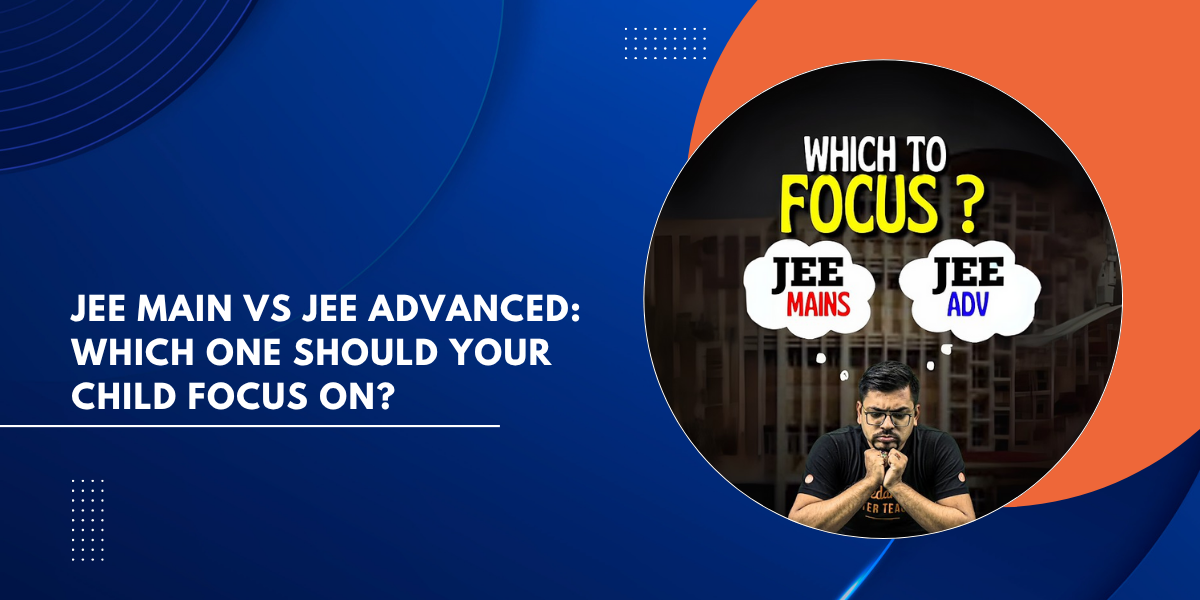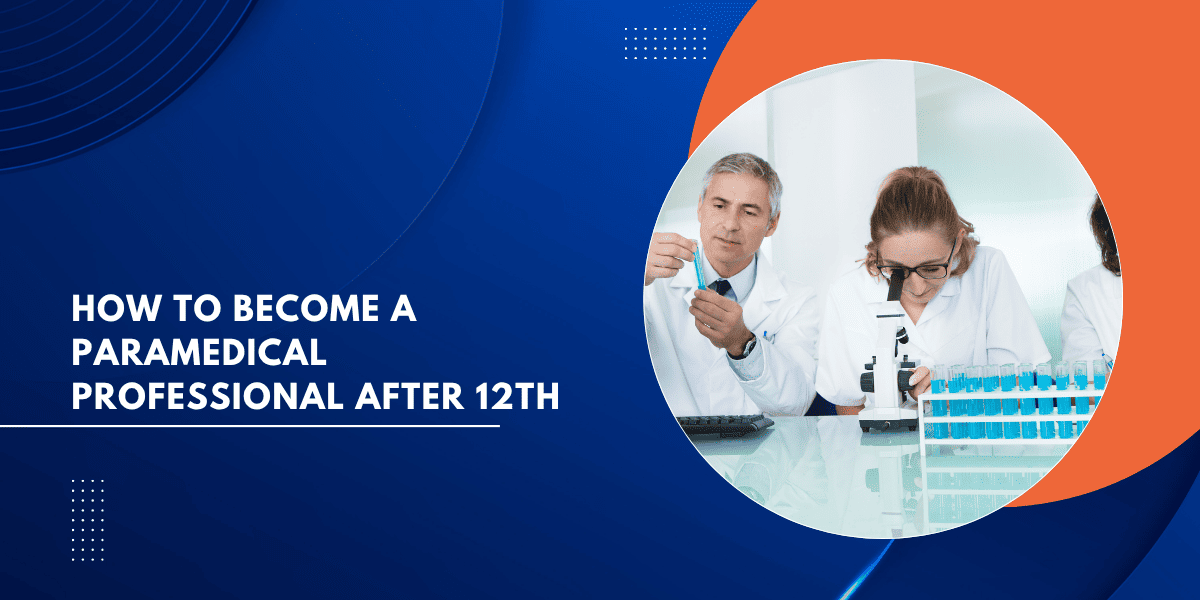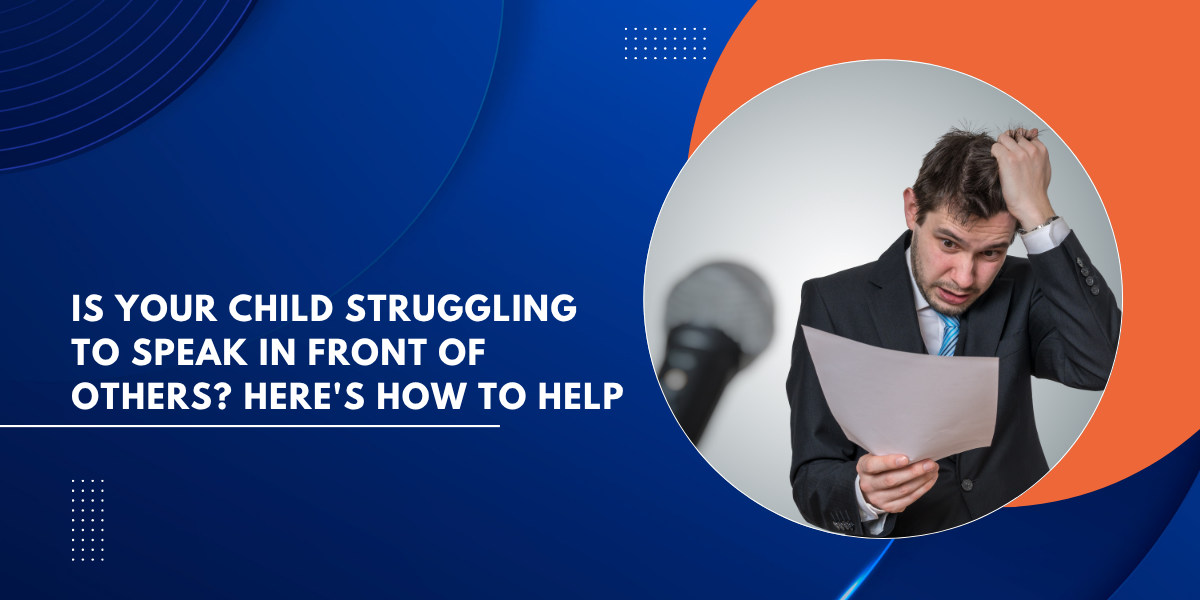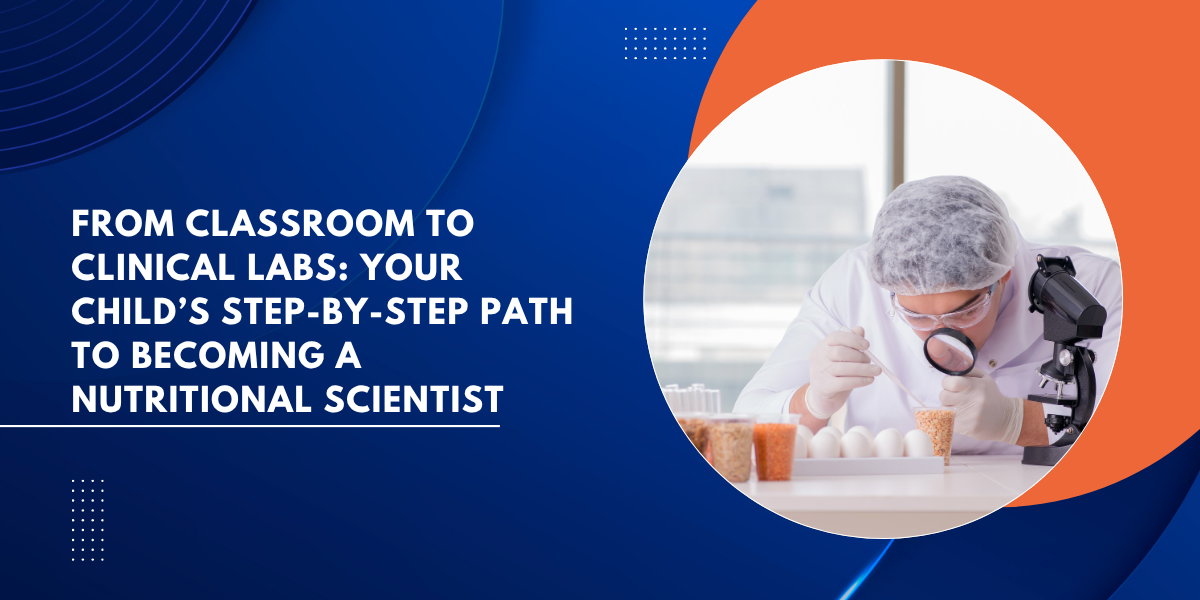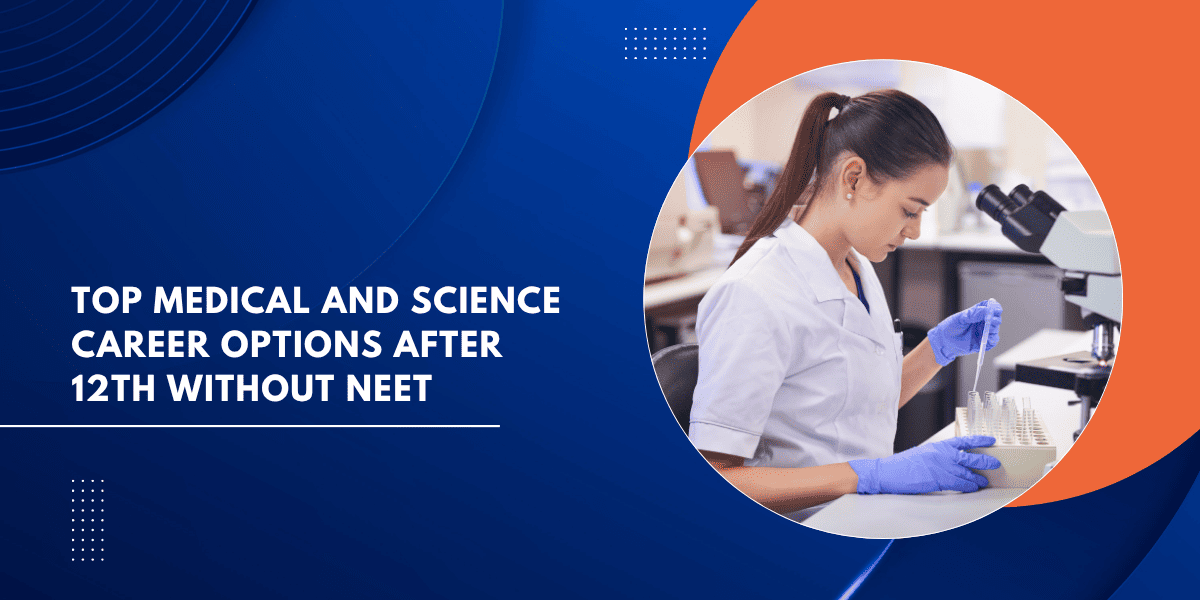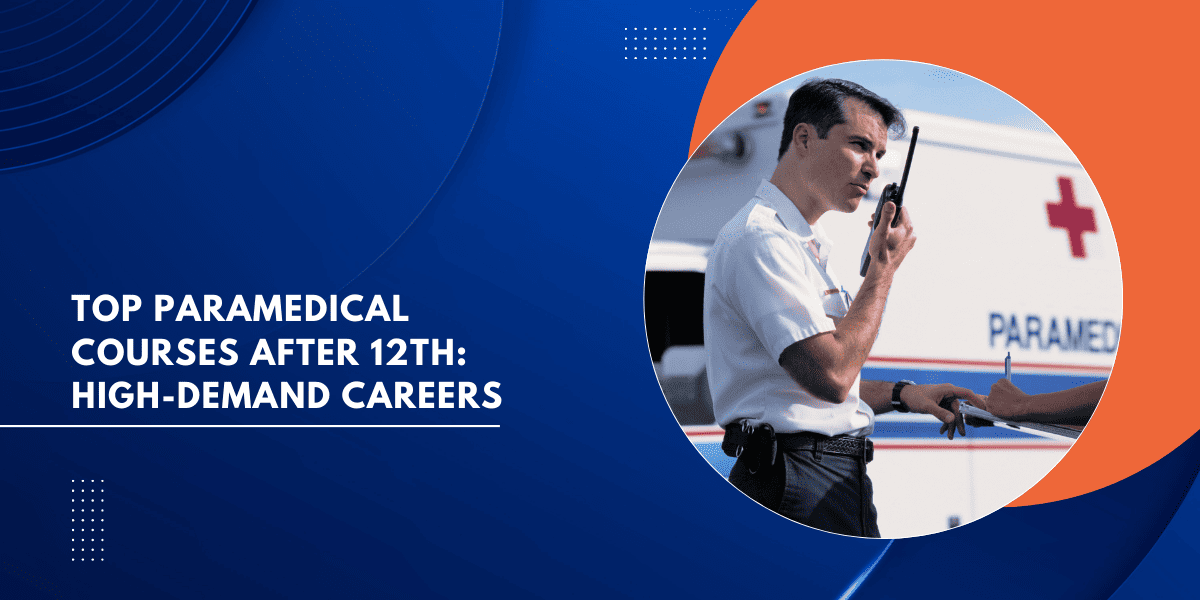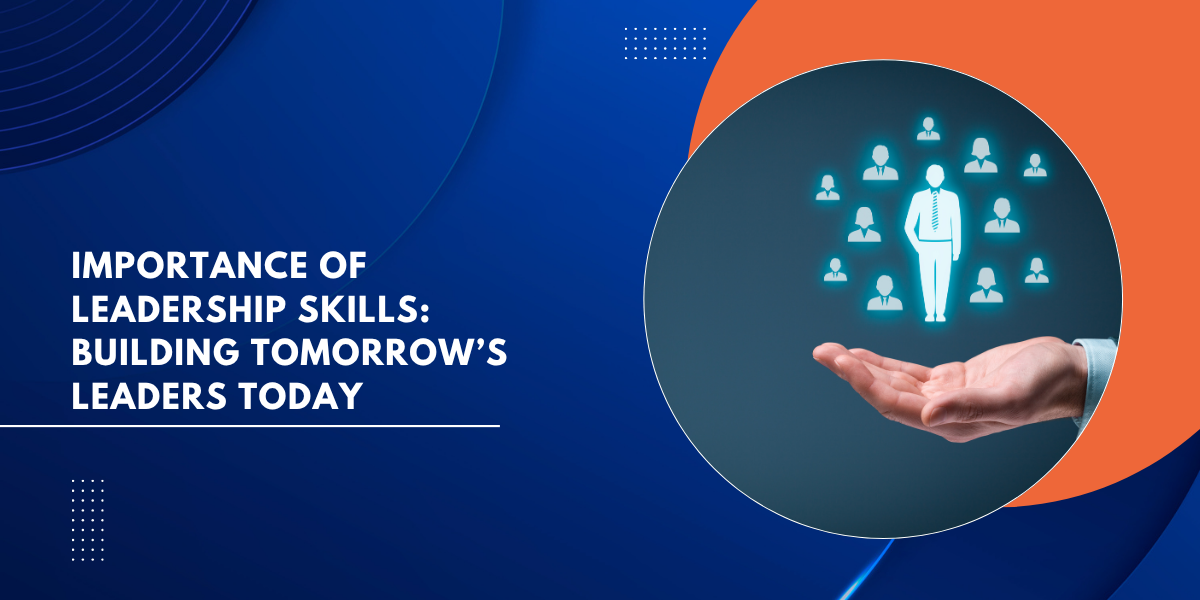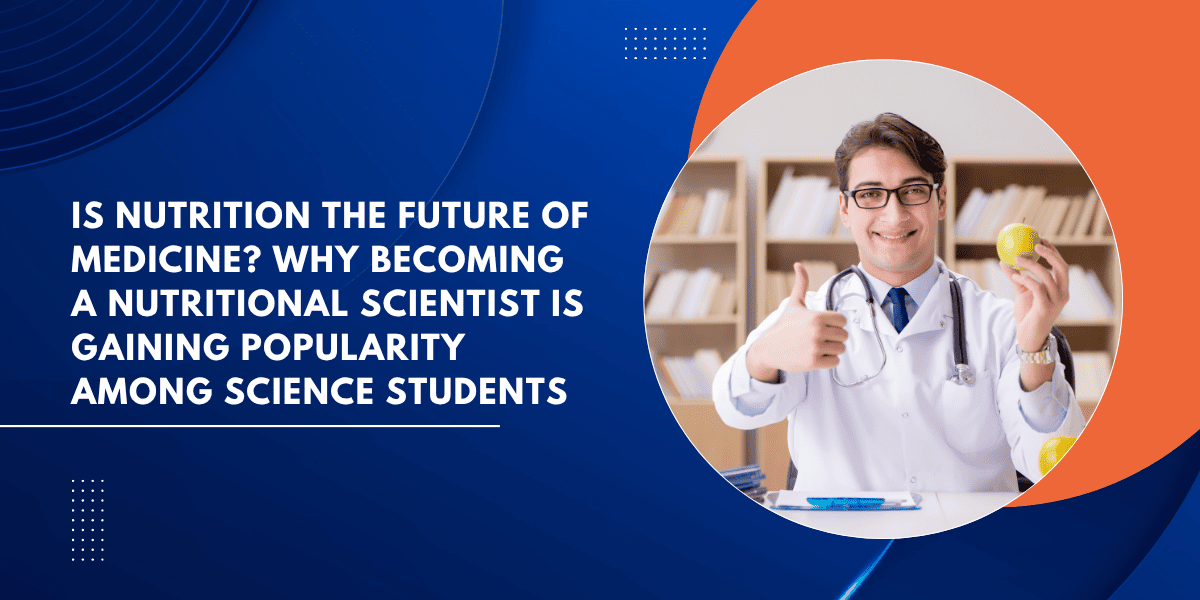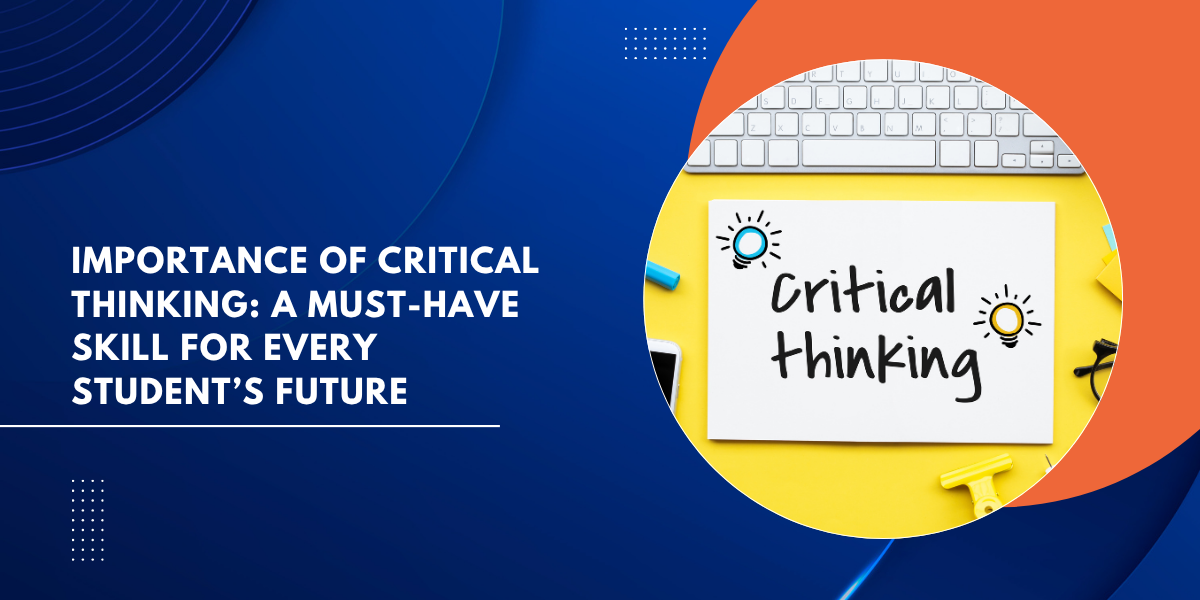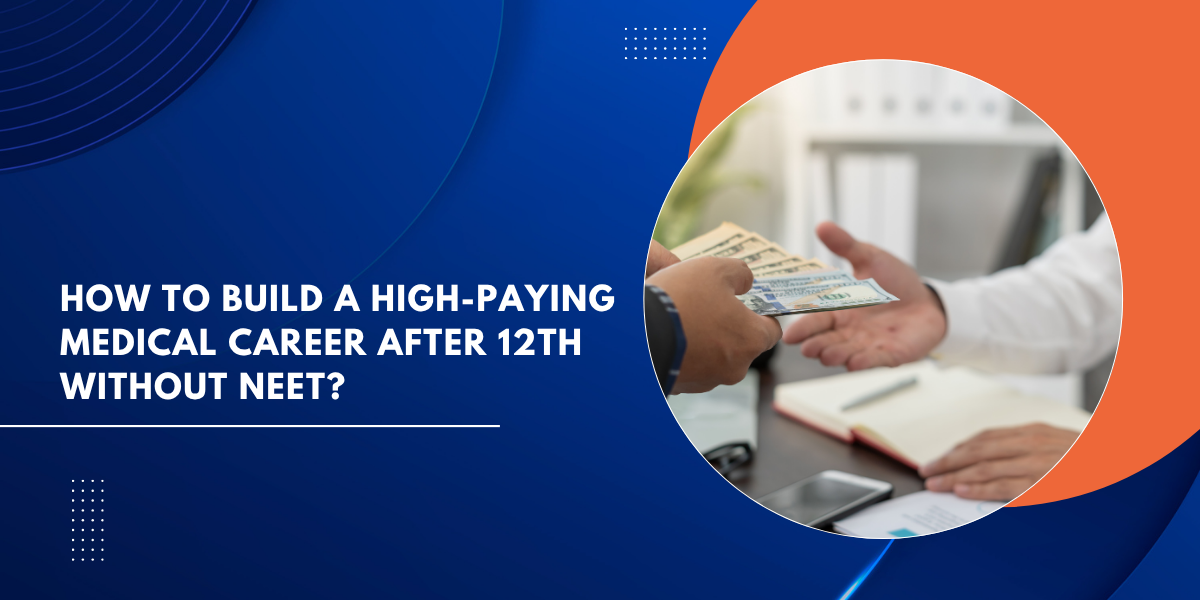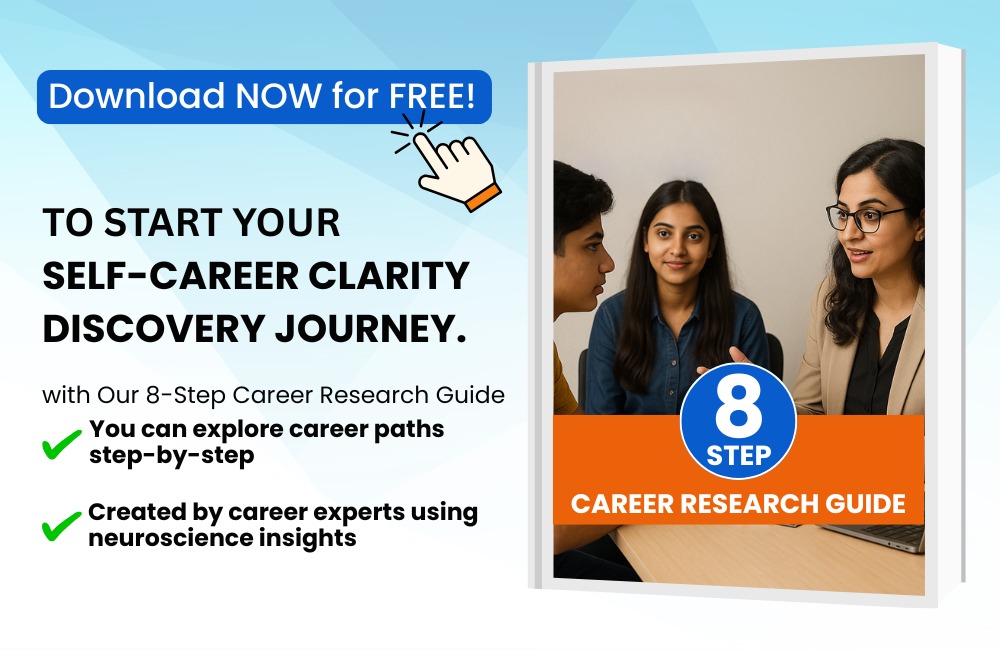Blog written by Indu, a career strategist and education innovator.
Artificial Intelligence (AI) is transforming the healthcare industry, and one of the most exciting areas of innovation is AI-driven diagnostics. If you’ve ever been curious about how AI helps doctors diagnose diseases more quickly and accurately or how machine learning is transforming medical imaging? If so, this could be the ideal career path for you!
Introduction to the Career
Artificial Intelligence (AI) is revolutionizing various industries, and healthcare is one of the most promising fields experiencing this transformation. AI-driven diagnostics is at the forefront of this change, providing faster, more accurate, and efficient disease detection and patient monitoring. From radiology and pathology to genomics and personalized medicine, AI’s role is expanding rapidly, aiding healthcare professionals in improving patient outcomes and reducing diagnostic errors.
AI-driven diagnostics utilizes machine learning algorithms, deep learning, and neural networks to analyze vast amounts of medical data, identify patterns, and make predictive assessments. This field integrates medicine, data science, and software engineering, offering numerous career opportunities for individuals passionate about technology and healthcare.
A global survey of pathologists revealed widespread acceptance of AI, with only 17.6% expressing concerns about job security. This suggests that professionals in the field view AI as a tool that complements their work rather than threatens it, implying a positive outlook for job stability.
With the increasing demand for AI-driven diagnostic solutions and the growing integration of AI in hospitals and research institutions, pursuing a career in this field ensures job security, high earning potential, and an opportunity to contribute to groundbreaking advancements in medical technology.
Why Is AI-Driven Diagnostics the Future of Healthcare?
In my opinion, AI-driven diagnostics is not just a career—it’s a mission to improve healthcare outcomes. With AI’s ability to analyze vast amounts of medical data, detect patterns, and provide predictive insights, it is reshaping diagnostics in fields like radiology, pathology, and genomics. According to my experience, professionals in this field have the opportunity to make a real impact by reducing diagnostic errors, speeding up disease detection, and even aiding in personalized medicine.
Key Responsibilities & Work Environment
Professionals working in AI-driven diagnostics are engaged in research, development, and implementation of AI technologies for healthcare applications. Here are the key roles and responsibilities:
1. AI Research Scientist
- Develops and refines machine learning models for medical applications.
- Conducts research on improving AI algorithms for medical imaging, disease detection, and diagnostics.
- Collaborates with clinicians, biomedical engineers, and data scientists to optimize AI performance in real-world scenarios.
- Publishes findings in academic journals and contributes to the development of new AI-driven healthcare tools.
2. Clinical Data Scientist
- Works with large datasets, including medical records, imaging data, and genomic sequences.
- Applies statistical analysis, machine learning, and data visualization techniques to extract meaningful insights from healthcare data.
- Ensures regulatory compliance with data privacy laws (HIPAA, GDPR) and ethical AI deployment in medical institutions.
- Collaborates with healthcare professionals to implement AI-driven solutions in clinical workflows.
3. Medical AI Engineer
- Designs, builds, and deploys AI models for real-world medical use cases.
- Develops AI-powered software for hospitals, laboratories, and telemedicine applications.
- Optimizes AI performance for tasks such as tumor detection in MRI scans, automated pathology screening, and predictive analytics.
- Works on integrating AI technology with existing hospital IT systems and medical devices.
4. Healthcare AI Consultant
- Advises hospitals, healthcare startups, and pharmaceutical companies on AI adoption.
- Provides strategic planning for integrating AI into diagnostic workflows.
- Conducts training sessions for medical professionals on using AI-driven diagnostic tools.
- Assesses the effectiveness and accuracy of AI implementations in clinical settings.
Work Environment
Professionals in AI-driven diagnostics can work in various settings:
- Hospitals & Medical Institutions
- Research Labs & Universities
- Biotechnology & Pharmaceutical Companies
- Healthcare Startups & AI Firms
- Government & Regulatory Agencies
The work environment may involve collaboration with medical practitioners, software engineers, bioinformaticians, and regulatory experts.
Educational Pathways & Entrance Exams
A strong foundation in science, technology, and healthcare is essential for this career. If you’re in high school, focus on Physics, Chemistry, Mathematics, and Computer Science in your 11th and 12th grades. I strongly recommend studying these subjects well.
Entrance Exams to Consider:
- JEE Main & JEE Advanced – For admissions to top institutes like IITs, NITs, and IIITs.
- BITSAT – For admission to BITS Pilani.
- VITEEE & SRMJEEE – For private universities like VIT and SRM University.
Recommended Degree Programs:
- B.Tech/B.E. in AI & Data Science
- B.Tech in Biomedical Engineering
- B.Sc./M.Sc. in AI & Machine Learning
- M.Tech/MS in AI & Healthcare Analytics
To thrive in AI-driven diagnostics, programming proficiency in Python, R, and knowledge of machine learning, medical imaging, and data science is crucial.
Necessary Soft-Skills & Technical Abilities
Soft Skills
- Critical Thinking & Problem-Solving
- Collaboration & Teamwork
- Communication Skills (Explaining AI findings to healthcare professionals)
- Ethical Decision-Making
Technical Abilities
- Programming: Python, R, MATLAB
- Machine Learning & Deep Learning: TensorFlow, PyTorch
- Data Science & Big Data Analytics
- Medical Imaging Processing: OpenCV, DICOM Standards
Career Opportunities: ROI and ROT Analysis
Career progression in AI-driven diagnostics typically follows this path:
- Entry-Level (0-3 years): Junior Data Scientist, AI Research Assistant
- Mid-Level (3-7 years): AI Research Scientist, Clinical Data Scientist, Medical AI Engineer
- Senior-Level (10+ years): AI Project Manager, CTO in MedTech startups
Return on Investment (ROI):
A degree in AI-driven diagnostics is one of the best investments you can make. Here’s a breakdown:
Education Costs:
- B.Tech/B.E. in AI/Data Science: ₹8-20 Lakh (Private Institutes), ₹4-10 Lakh (Government Institutes like IITs & NITs).
- M.Tech/MS in AI & Healthcare Analytics: ₹3-15 Lakh.
- Certifications (AI & ML, Deep Learning in Healthcare): ₹50,000 – ₹2 Lakh.
Salary & Earnings Potential:
- Entry-Level (0-3 years): ₹6-12 LPA (AI Research Assistant, Junior Data Scientist, Medical AI Engineer).
- Mid-Level (3-7 years): ₹12-25 LPA (AI Research Scientist, Clinical Data Scientist).
- Senior-Level (10+ years): ₹25-50+ LPA (AI Project Manager, AI Lead in Healthcare, CTO in MedTech Startups).
- Global Salaries: $100,000 – $250,000 per year in the US, UK, Canada, and Europe.
Return on Time (ROT):
- Education Duration: 4 years for B.Tech, 2 years for M.Tech/MS.
- Time to Break Even: 3-5 years based on average salary.
- Fast-Track Option: Certifications and hands-on projects can boost career progression.
I can confidently say that with the exponential growth in AI-driven healthcare, job security and opportunities are exceptionally high. A strong foundation in science, technology, and healthcare is crucial for building a successful career in this field. If you’re in high school, I recommend focusing on Physics, Chemistry, Mathematics, and Computer Science in your 11th and 12th grades.
Future Prospects: The Next 20-30 Years
AI in diagnostics is here to stay, and the next two to three decades will witness massive advancements:
- AI-assisted Remote Diagnostics: More diagnoses will be performed remotely using AI.
- Personalized Medicine: AI will tailor treatments based on genetic and patient-specific data.
- AI and Robotics Integration: AI-driven robotic systems will assist in surgeries and patient monitoring.
Growth of AI Healthcare Startups: More AI-powered companies will emerge, creating even more jobs.
Want to break into AI-driven diagnostics? Let NextMovez guide you with expert career coaching to navigate this exciting field!
Actionable Tips: How Parents Can Support Their Child’s Career in AI-Driven Diagnostics
As a parent, you play a crucial role in guiding your child toward a successful career in AI and healthcare. Here are some simple yet effective steps you can take:
1. Encourage Strong Fundamentals
- Ensure your child develops strong skills in Mathematics, Physics, Chemistry, and Computer Science.
- Encourage coding from an early age using platforms like Scratch, Python, and Khan Academy.
2. Expose Them to AI & Healthcare
- Enroll them in AI & Data Science summer programs.
- Encourage them to explore biotechnology and healthcare innovations.
3. Support Practical Learning
- Encourage participation in science fairs and AI hackathons.
- Help them access online courses on Coursera, Udacity, and edX.
4. Help Them Choose the Right College & Exams
- Research colleges that specialize in AI & healthcare technology.
- Guide them through entrance exam preparation for JEE, BITSAT, and VITEEE.
5. Encourage Internships & Research Projects
- Look for AI internships in hospitals, MedTech firms, and research labs.
- Help them collaborate on AI-driven projects with universities or startups.
6. Stay Updated & Motivate Them
- Follow industry leaders like McKinsey, Global Market Insights, and AI Healthcare Reports.
- Keep track of emerging trends in AI-driven diagnostics.
Final Thoughts
Thinking about a career in AI-driven diagnostics? Trust me, it’s an exciting and rewarding path! In my opinion, it’s one of the most promising fields out there—with a high return on investment, strong career growth, and endless opportunities. If you’re passionate about AI, healthcare, and innovation, this could be the perfect fit for you.
So, what do you think? Ready to take the first step?
Helpful Resources:
- Entrance Exams: JEE Main, BITSAT, VITEEE
- AI in Healthcare Courses: Stanford AI in Healthcare, Harvard AI in Medicine
- Career Insights: LinkedIn Salary Explorer, McKinsey AI in Healthcare
With dedication, the right education, and hands-on experience, you can build a successful career in AI-driven diagnostics. Go for it!


